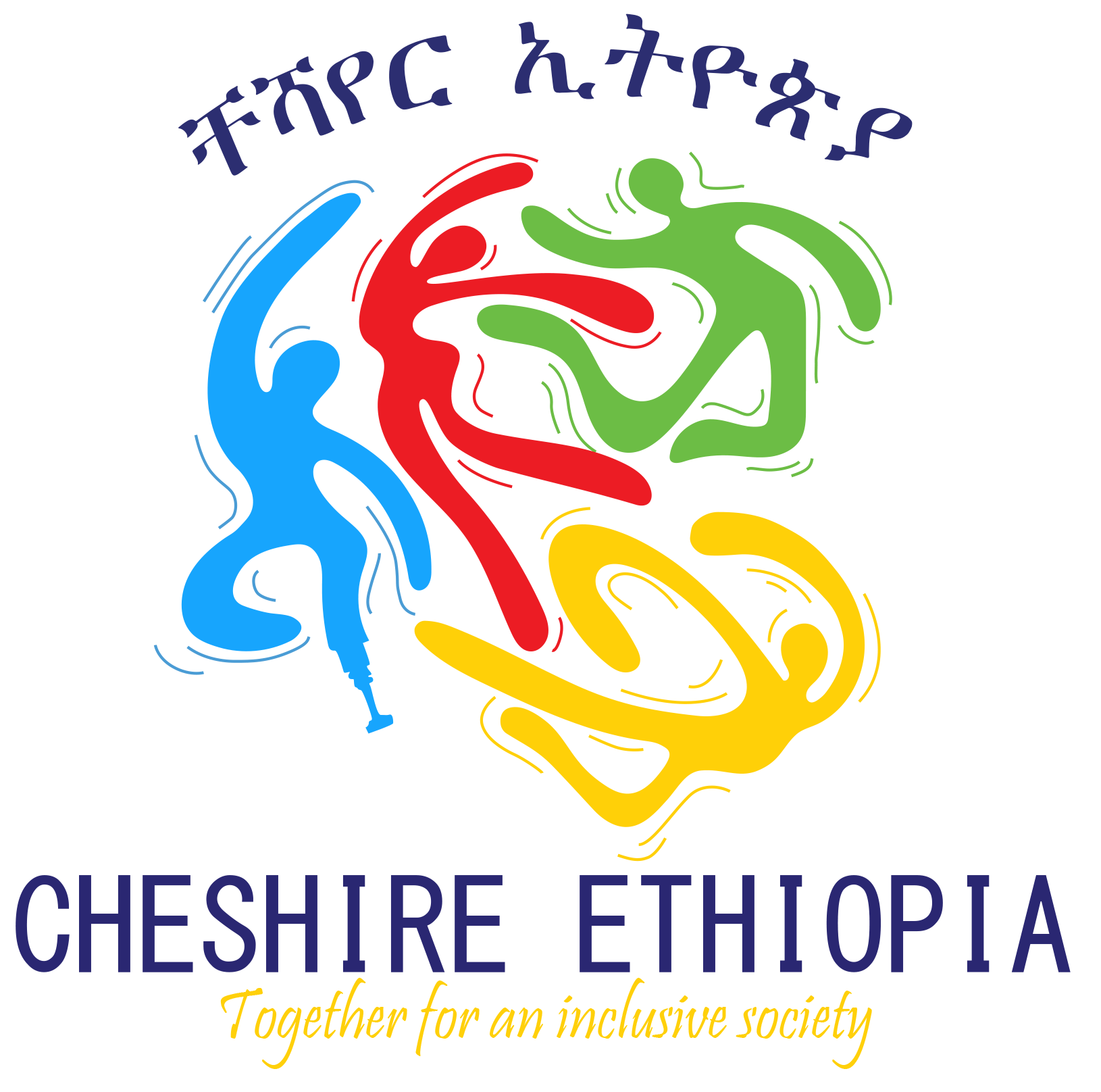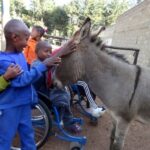DAT is one of the main animal assisted therapy exercise is that involves animals as a form of treatment. The goal of animal assisted therapy in general and donkey assisted therapy in particular is to improve a patient’s social, emotional, or cognitive functioning. CE’s DAT project is a pilot project in action since 2015. The project fun is funded by Donkey Sanctuary UK (DS_UK) and aims to pilot and DAT to assist children with disabilities to develop UN /WHO recognized life skills development including communication, decision making and critical thinking skills and coping and self-management skills. Children undergoing DAT Improve their motor skills and joint movement, assisted or independent movement, increase self-esteem increase verbal communication, developing social skills, increasing willingness to join in activities, improve interactions with others and motivating willingness to exercise.
DAt also benefits children with disabilities under rehabilitation with depression by making them happier, lessening depression, and improving their outlook on life. It also help decrease sense of loneliness and isolation by giving them a companion, reduction of boredom and anxiety because of its calming effects and helping children learn empathic and nurturing skills and improving the relationship between children with disabilities and the healthcare and psychosocial therapy provider.
We also conduct awareness education on donkey behavior and basic welfare service to be given to animals of the neighboring agrarian communities who use them as a means of major transportation and servers in their agricultural activities. The aim of the scheme is to assist donkey owners/keepers in keeping their donkeys healthy and well, and in their private care in preference to seeking to relinquish them to animal welfare charities such as Donkey sanctuary Ethiopia. The help may include items such as advice, veterinary, dental and farrier services, and the provision of suitable feed.



